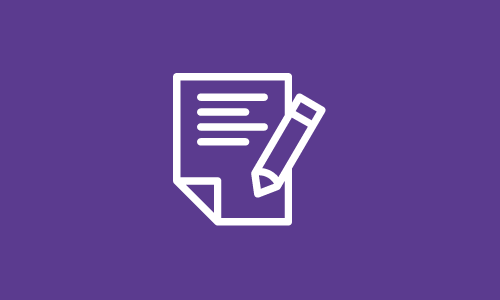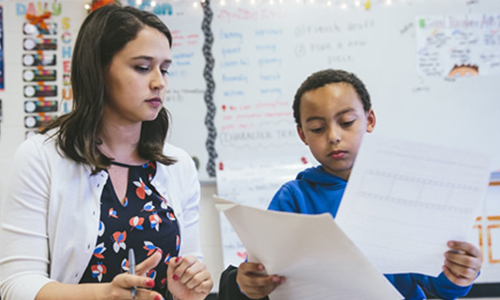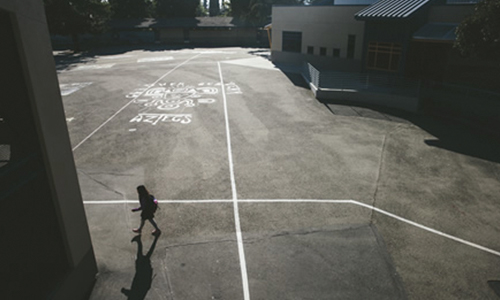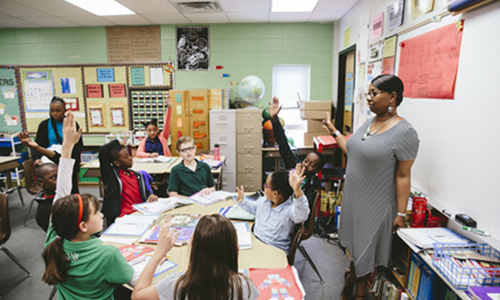

The relationship between test-taking disengagement and performance on MAP Growth retests
Educators sometimes ask: do students rapidly guess because they don’t know the answer to a question, or do rapid guesses reflect a lack of engagement with the test? Would a student’s scores improve if that student engaged more with the assessment and rapidly guessed on fewer items? Examining MAP® Growth™ test scores and levels of student test engagement for over 100,000 tests for which students retested within one day, the results showed that students’ test taking engagement often differed between the initial test and the retest.
By: Steven Wise
Topics: School & test engagement


In this study, we apply the Compound Polynomial or “CP” model in a school evaluation context. The CP model addresses the seasonality of student test scores by simultaneously estimating between- and within-year growth.
Topics: Growth modeling, Seasonal learning patterns & summer loss, Student growth & accountability policies


Reconciling long-term education policy goals with short-term school accountability models
Schools are increasingly held accountable for their contributions to students’ academic growth in math and reading. Under The Every Student Succeeds Act, most states are estimating how much schools improve student achievement over time and using those growth metrics to identify the bottom 5% of schools for remediation.
Topics: Measurement & scaling, Growth modeling, Student growth & accountability policies


Seven successful strategies for literate assessment
Beth Tarasawa and colleagues share research-based assessment practices that support classroom learning.
By: Beth Tarasawa
Topics: Empowering educators


Student test engagement and its impact on achievement gap estimates
In this Brookings Institute Chalkboard blog, James Soland shares his work investigating how student test engagement may shape achievement gaps.
By: James Soland
Topics: School & test engagement, Student growth & accountability policies


New NWEA Research Explores the Relationships Between Poverty and School Performance
Learn what research shows about how the use of achievement data as the predominant metric for determining school success may perpetuate education inequity.
By: Andrew Hegedus
Topics: Equity, High-growth schools & practices


Three research-based culturally responsive teaching strategies
Strategies from the Multnomah County Partnership for Education Research can help strengthen student-teacher relationships and improve student achievement.
By: Beth Tarasawa
Topics: Empowering educators, Equity


